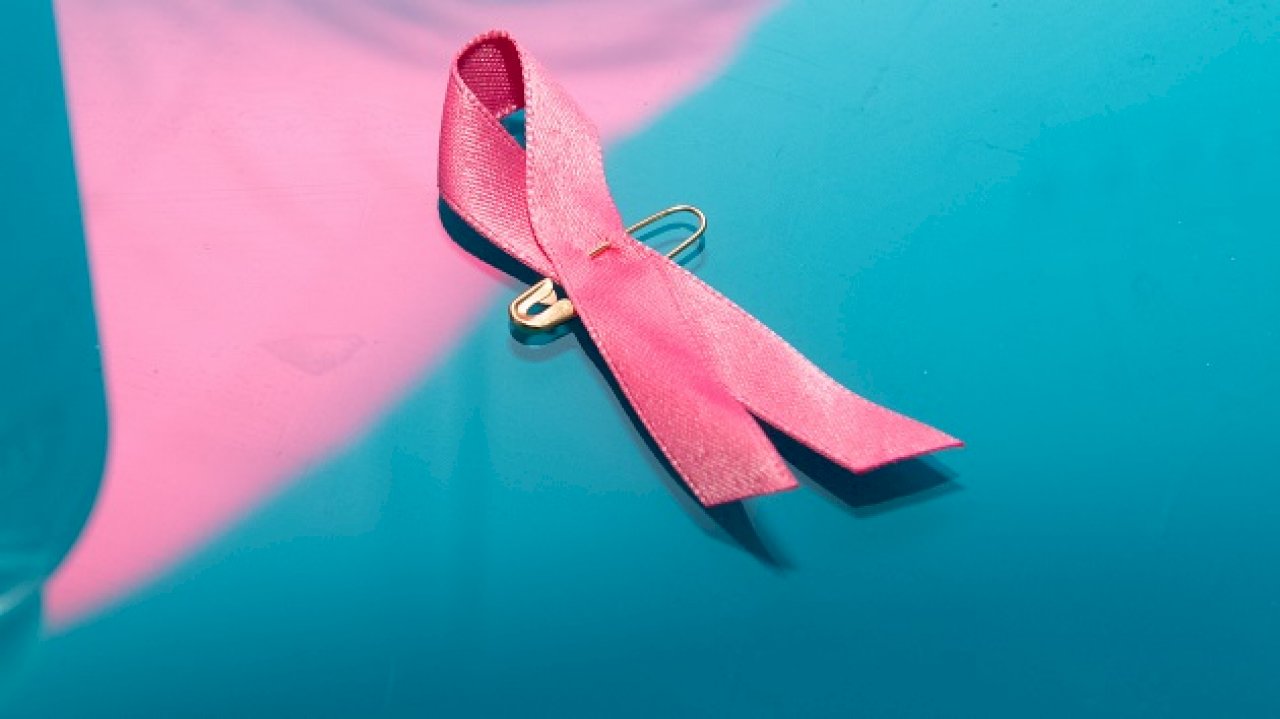Listeners:
Top listeners:
-
 play_arrow
play_arrow
94.3 Rev-FM The Rock of Texas | Where Texas Rocks
-
 play_arrow
play_arrow
99.1 The Buck Texas Country's Number 1 Country
-
 play_arrow
play_arrow
103.7 MikeFM Your Texas Hill Country Mix Tape
-
 play_arrow
play_arrow
KERV 1230 AM
-
 play_arrow
play_arrow
JAM Sports 1 JAM Broadcasting Sports 1
-
 play_arrow
play_arrow
JAM Sports 2 JAM Broadcasting Sports 2

(NEW YORK) — The rates of late-stage breast cancer at diagnosis have risen among women in all racial and ethnic groups, but Black women have been hit the hardest, according to a new study published in the journal Radiology.
The study, which looked at data from 2004 to 2021, found that advanced breast cancer rates have risen among women of all ages, with the sharpest increases in young women aged 20 to 39, and women over 75.
Black women experience advanced diagnoses 55% more often than white women and are more likely to die from the disease, the study found.
While mammography does save lives by catching cancer earlier, fewer than 70% of eligible women are up to date on their screenings, the study found.
This trend is particularly alarming because early detection significantly improves survival. Five-year survival rates drop drastically from 99% for early-stage breast cancer to just 31% when the cancer is more advanced and has already spread to other parts of the body, the study found.
However, disparities persist despite Black women having similar self-reported mammography use rates as white women.
“Black women tend to have more aggressive breast cancers, including a higher rate of triple-negative breast cancers,” study co-author, Edward Hendrick, Ph.D., clinical professor of radiology at the University of Colorado told ABC News. “There may also be differences in how findings are acted upon, reflecting barriers to high-quality care.”
The COVID-19 pandemic made things worse as well, Hendrick noted, with many women skipping or delaying mammograms.
“Volumes at screening sites for the year 2020 were down as much as 90% from 2019 levels,” he said. “These missed screenings contributed to higher rates of advanced breast cancers in 2021 and likely subsequent years.”
The study also pointed to other possible reasons for the uptick in later-stage diagnoses.
“Obesity in post-menopausal women increases breast cancer risk, as does prolonged exposure to estrogen from early periods or late menopause,” explained study co-author, Debra L. Monticciolo, M.D., a professor of radiology at Texas A&M University.
She added that physicians could help by offering a breast cancer risk assessment to their patients starting at age 25. Identifying high-risk women early would help catch cancers sooner, she said.
Despite the concerning statistics, the study suggested that solutions are within reach. Increasing screening rates, expanding healthcare access, and ensuring follow-up care after abnormal mammograms could make a difference.
“Improving equity in care is critical to saving lives,” Monticciolo said. “By prioritizing access to care for all and emphasizing the importance of early detection, we believe this trend of rising late-stage diagnoses can be reversed.”
Late-stage breast cancer diagnoses are not just statistics — they reflect missed opportunities for prevention and early treatment, Hendrick added.
“We could benefit from greater public awareness of the importance of catching breast cancer at its earliest, most curable stages,” he said.
Breast cancer accounts for about one in three new cancer diagnoses in women every year, according to the latest American Cancer Society statistics. More than 40,000 American women die from the disease yearly.
Esther Zusstone, MD, is a radiology resident at NYU Langone, and a member of the ABC News Medical Unit.
Copyright © 2024, ABC Audio. All rights reserved.
Written by: ABC News
Similar posts
-
Top popular

Ingram man charged with murder after fatal shooting

Kerr Crime Stoppers offering reward up to $5,000 for information in last week’s non-viable school threat

KISD asks parents to communicate with children about words and actions after ‘copy cat’ threat note found at middle school

City of Kerrville Parks and Recreation reminds citizens that a Red Flag Warning is in effect until further notice

City of Kerrville says that May 7 General and Special Elections will proceed



